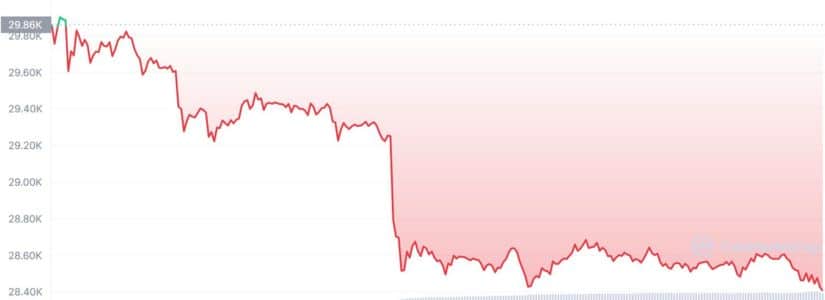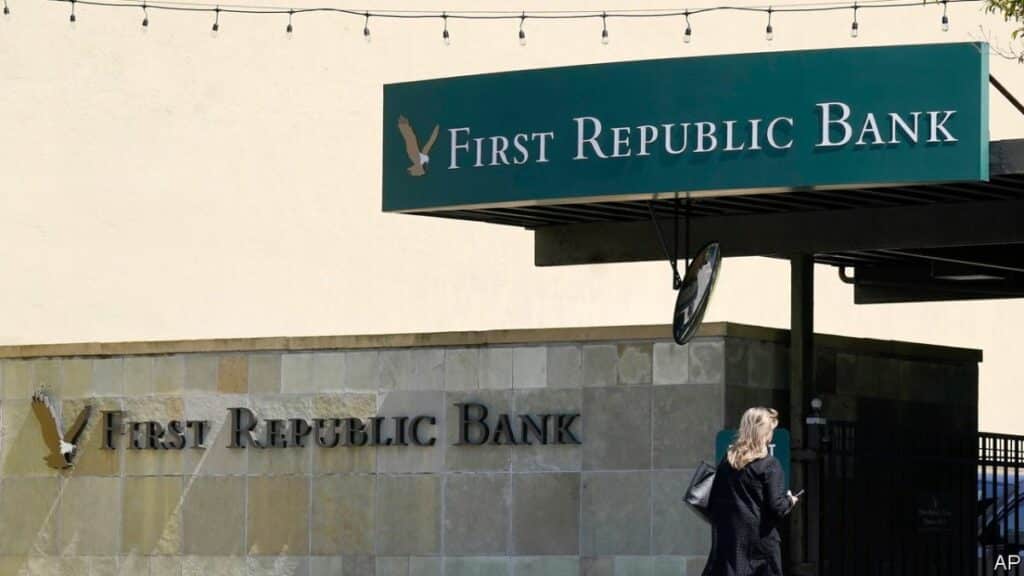The recent collapse of First Republic Bank has sent shockwaves throughout the financial industry, including the world of the cryptocurrencies, with the California-based bank becoming the latest traditional bank to fail this year. The bank’s assets, which stood at $229.1 billion, have been acquired by JPMorgan Chase Bank in a purchase and assumption agreement after early efforts to save it failed.
The acquisition has followed the least-cost requirements of the Federal Deposit Insurance Act, which requires the FDIC to protect depositors by entering into a purchase and assumption agreement with a healthy institution. Under the terms of the agreement, JPMorgan Chase will assume all assets of First Republic Bank, including uninsured deposits. This means that all depositors at FRB will become customers of JPMorgan and have access to their total deposits insured by the FDIC.
Crypto market reacts to First Republic Bank’s failure
The collapse of a traditional bank like First Republic Bank has highlighted the risks associated with the traditional banking system. This could lead some investors to seek alternative financing options, such as cryptocurrencies. However, the immediate impact on the cryptocurrency market has been limited, with Bitcoin trading down by 3.96% over the last 24 hours.

This latest bank failure comes at a time of increased volatility in the cryptocurrency market, with Bitcoin trading below $29,000 while still facing potential pressure. The majority of the altcoins are trading in the red, including Ethereum (ETH), Ripple (XRP), and Cardano (ADA), which are down by 4.06%, 3.60%, and 3.88%, respectively. Meanwhile, Binance Coin (BNB) is the only top-10 altcoin trading in the green, with an increase of just 2.84% over the last day.
As the financial industry grapples with the impact of the failure of First Republic Bank, it appears there is a need for alternative financing options. The failure of these heavily relied-upon traditional banks could lead some investors to turn to cryptocurrencies as a way to protect their assets. This is particularly relevant given the perceived benefits of cryptocurrencies, such as their decentralization, transparency, and security.
Cryptocurrencies offer a potential solution to some of the challenges facing the traditional financial sector, such as the risk of bank failures and the need for greater transparency and security. As such, it is likely that the demand for cryptocurrencies will continue to grow in the coming months as bank failures become more prevalent.










